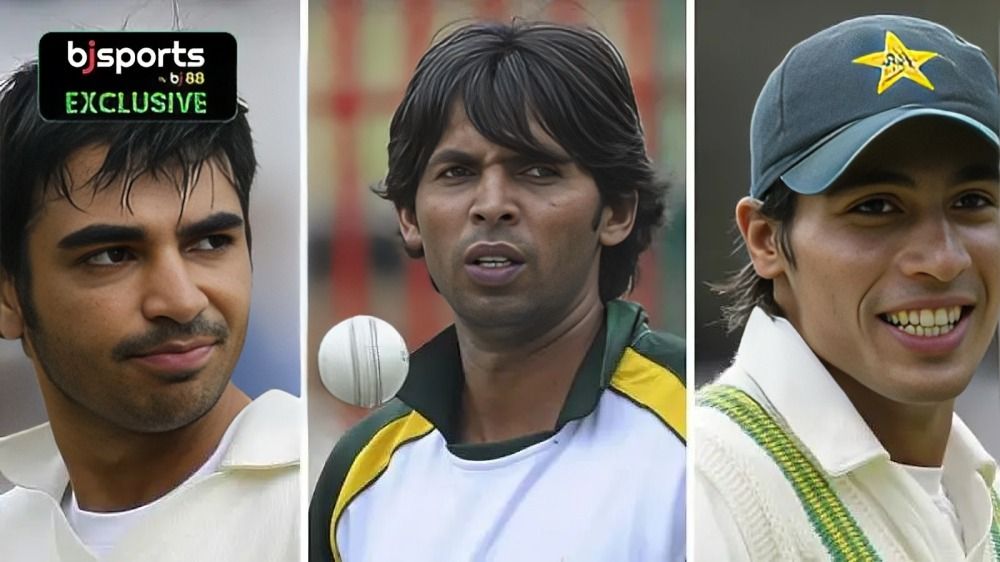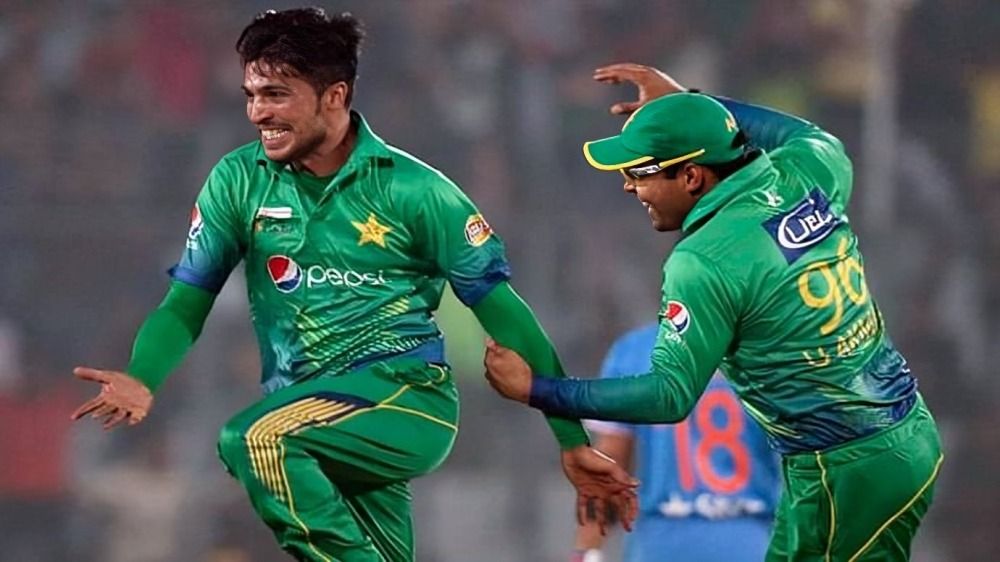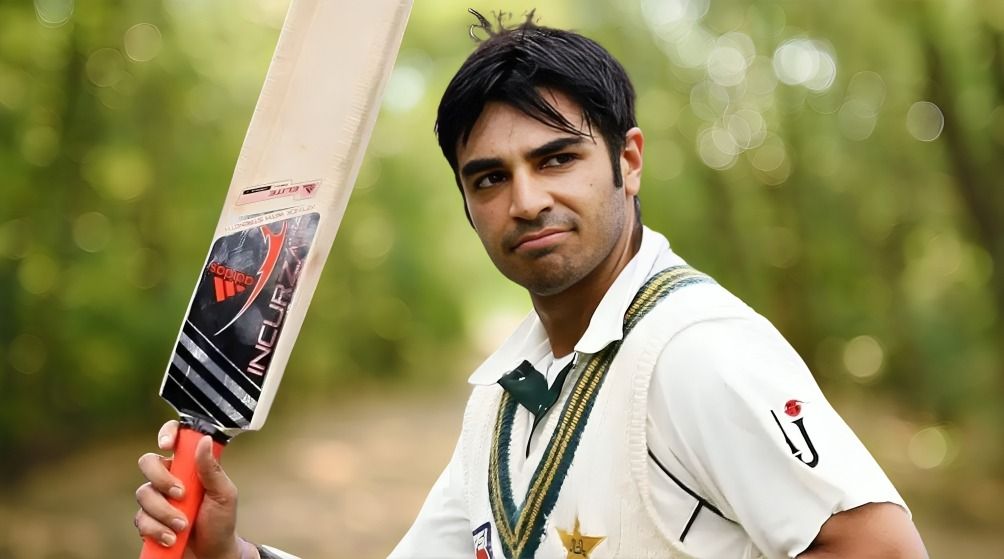
“
Mohammad Amir was once hailed as a prodigy in international cricket, with his extraordinary talent making him one of the most promising young fast bowlers in the world. However, his career took a dramatic turn when he became embroiled in a shocking spot-fixing scandal that not only halted his meteoric rise but also left a dark mark on the sport. The controversy began during Pakistan's 2010 tour of England, leading to Amir's suspension and a prison sentence. The Mohammad Amir spot-fixing case sent shockwaves through the cricketing community and sparked debates about sports integrity.In this blog, we reveal 20 key facts about Mohammad Amir’s spot-fixing case, including the events leading to his downfall, his punishment, and his journey to rebuild his reputation and return to cricket.1
1
”
The Pakistan cricket spot-fixing scandal emerged during a Test match at Lord's in August 2010, involving Mohammad Amir and two other Pakistani players accused of participating in corruption. 1
Undercover reporters from News of the World caught Mazhar Majeed, a sports agent, accepting bribes and revealing plans to fix specific no-ball deliveries during the England versus Pakistan match. 2
The scandal unfolded after the first Test between England and Pakistan, which led to allegations of match-fixing and prompted a comprehensive investigation by the International Cricket Council (ICC). 3

Mohammad Amir, along with fellow bowlers Mohammad Asif and captain Salman Butt, was banned by the ICC for their roles in the spot-fixing conspiracy, facing lengthy suspensions and penalties.
Majeed accurately predicted Amir's first no-ball during the third over of the fourth Test and claimed that another no-ball would occur later in the match as well. 4
The ICC's investigation confirmed that Amir deliberately bowled no balls at predetermined times, allowing gamblers to place bets based on insider information derived from the players involved. 5
Scotland Yard arrested Mazhar Majeed, linking him to match-fixing charges, while investigating the three Pakistani cricketers involved in the scandal for potential criminal activity related to betting. 6
Amir, Asif, and Butt all maintained their innocence, even after being suspended by the ICC pending the investigation, which involved multiple legal hearings and appeals in different jurisdictions. 7
A tribunal convened in early 2011 resulted in bans for all three players, with Amir receiving a five-year suspension, while Butt faced a ten-year ban for his actions. 8

Amir, who initially pleaded guilty to the charges, was sentenced to six months in prison, while Butt received two years and Asif was sentenced to one year total.
The scandal prompted significant media coverage and public outcry, highlighting the need for stricter regulations against corruption in cricket and other sports on a global scale for accountability.9
Former Pakistan captain Rashid Latif suggested that the spot-fixing controversy might have been a set-up, raising questions about the integrity of the investigation and its outcomes. 10
Following their convictions, the players faced backlash from fans and cricketing bodies alike, calling for greater accountability and transparency in the sport to combat any future corruption effectively. 11
The case led to discussions about the psychological impact on young players, emphasizing the importance of ethics in sports and protecting them from undue influence and corrupt practices. 12
The ICC implemented stricter anti-corruption measures after the scandal, seeking to prevent similar incidents from occurring in the future and restore faith in the integrity of the game.13
Former cricketers and experts weighed in on the case, with many labeling it a shameful chapter for Pakistan cricket, urging reforms to safeguard the sport's reputation and integrity. 14

Amir's return to cricket sparked controversy, with some fans opposing his comeback, while others believed in second chances and the importance of rehabilitation within the sports community.
The aftermath of the scandal left lasting scars on Pakistani cricket, as the team's reputation was significantly tarnished, and trust in players and management eroded after the incidents. 15
Legal battles continued long after the bans, with players appealing their sentences while also dealing with the personal and professional consequences of their actions both on and off the field. 16
Ultimately, the Mohammad Amir spot-fixing case became a cautionary tale in sports, illustrating the dangers of corruption and the critical importance of ethical conduct in competitive environments. 17


